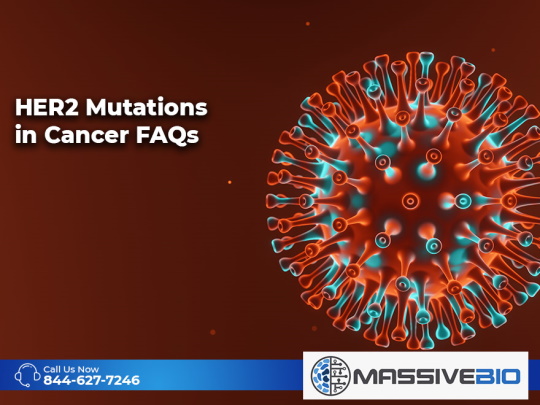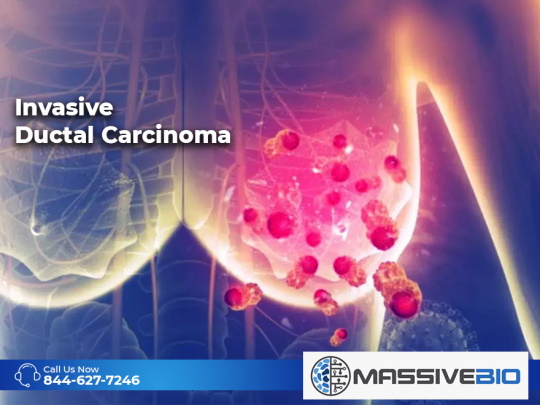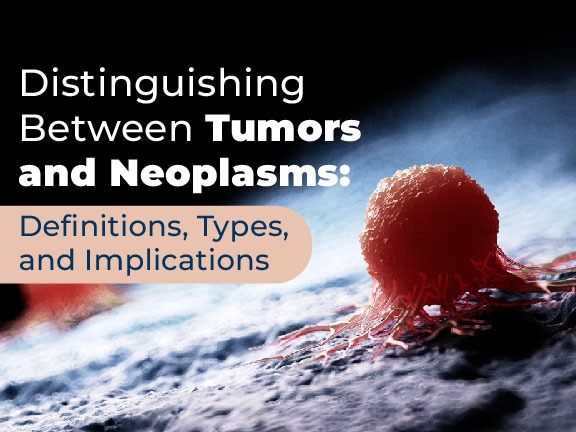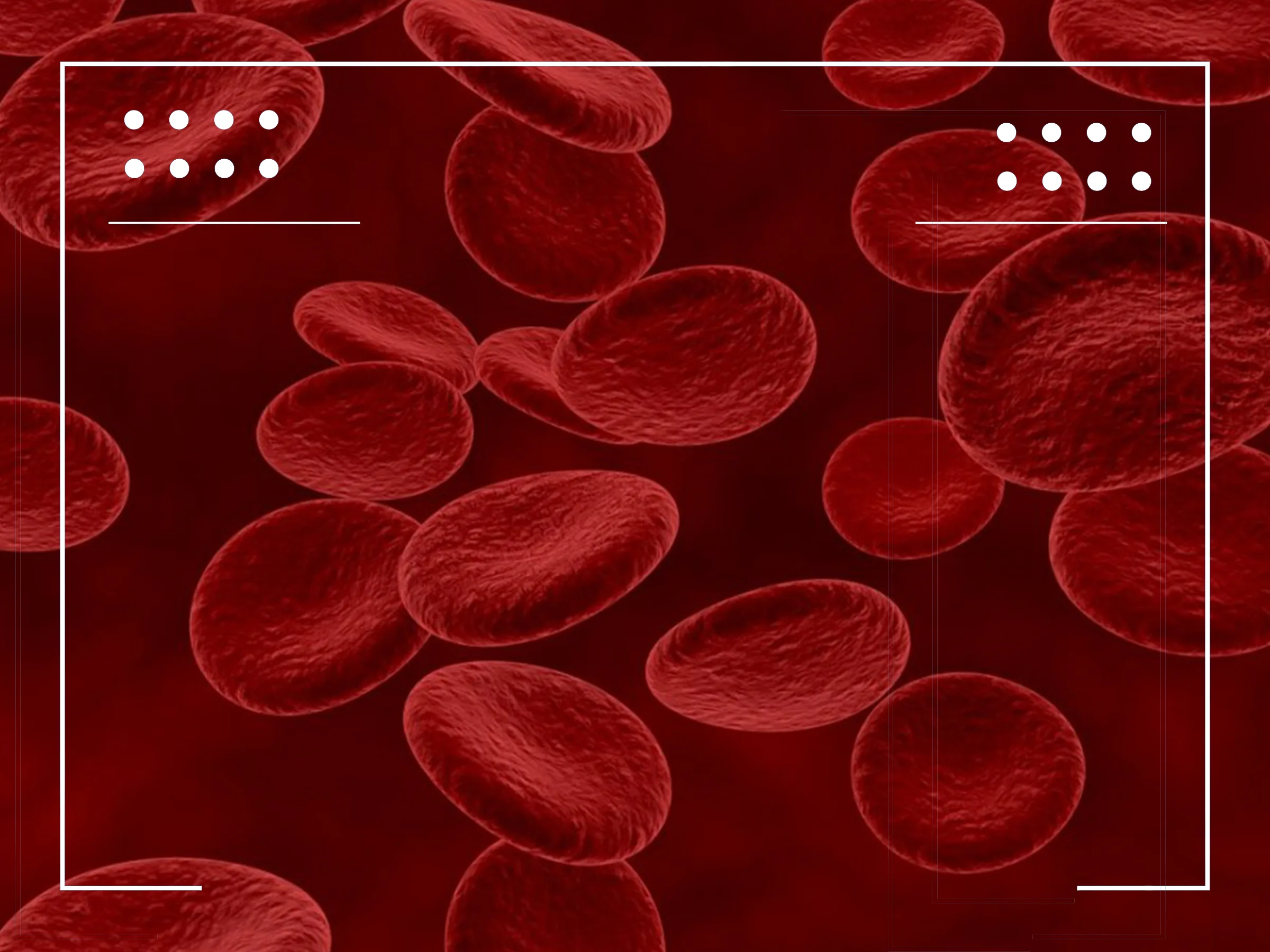What Is a HER2 Mutation?
HER2 stands for human epidermal growth factor receptor 2 and is a protein found in the body, including on the surface of breast cells. HER2 proteins are involved in normal cell growth but can mutate to become “overexpressed,” meaning that a person’s levels of the protein are higher than normal. When too much HER2 protein is present, it signals cells to grow more quickly and can lead to cancer growing and spreading more rapidly. Cancer cells with higher-than-normal levels of HER2 are called HER2-positive. These cancers tend to grow and spread faster than other breast cancers but are much more likely to respond to treatment with drugs that target the HER2 protein.
What types of cancer can have HER2 mutations?
The most common cancer to have HER2 mutations is breast cancer. In fact, HER2-positive cancers make up about 20% of breast cancer cases. However, overexpressed HER2 proteins can be found in other cancers as well, including bladder, pancreatic, ovarian, and stomach cancers. Interestingly, it was research in the 1980s into how HER2 mutations speed up the spread of breast cancer that led to the study of finding mutations in other genes as a way to treat cancer.
What Is the Difference Between HER2-Positive and HER2-Negative Breast Cancer?
In HER2-positive breast cancer, a mistake in DNA produces an excess of the HER2 protein on the surface of the breast cells. This protein signals to the cancer to grow and spread more quickly. In HER2-negative breast cancer, the breast cancer cells do not have abnormal levels of HER2 proteins. This is relevant because when breast cancer is HER2-positive, it can often respond well to therapies that target blocking the signals from the HER2 proteins, which can often slow the spread of the cancer. When breast cancer is HER2-negative, it requires a different treatment approach.
How Can I Find Out If I Have A HER2 Mutation If I Am Diagnosed with Cancer?
HER2 mutations can be detected through biomarker testing. A biomarker is a biological molecule found in blood, other body fluids, or tissues that is a sign of a normal or abnormal process, or of a condition or disease. HER2 mutations are biomarkers. In the test, tissue from a patient’s tumor is placed in a machine that looks for many possible biomarkers at one time. Make sure to speak to your doctor about having this testing done.
What Are HER2 Targeted Therapies?
Common treatments for HER2 mutations include a targeted therapy HER2 inhibitor drug called Trastuzumab. This works by interrupting the signal from the mutated gene to prevent it from reaching the cell and therefore slowing the progression of the tumor. This therapy is often given with or without chemotherapy. There are also clinical trials for other HER2 inhibitors.
How Do I Find Clinical Trials for HER2 Mutated Cancers?
Our team of patient relations coordinators and case managers, along with our artificial intelligence based clinical trial matching system will find the best option for your individual case. There are currently many clinical trials that that are actively recruiting patients that focus specifically on HER2 mutations. Find clinical trials here.
Sources:












